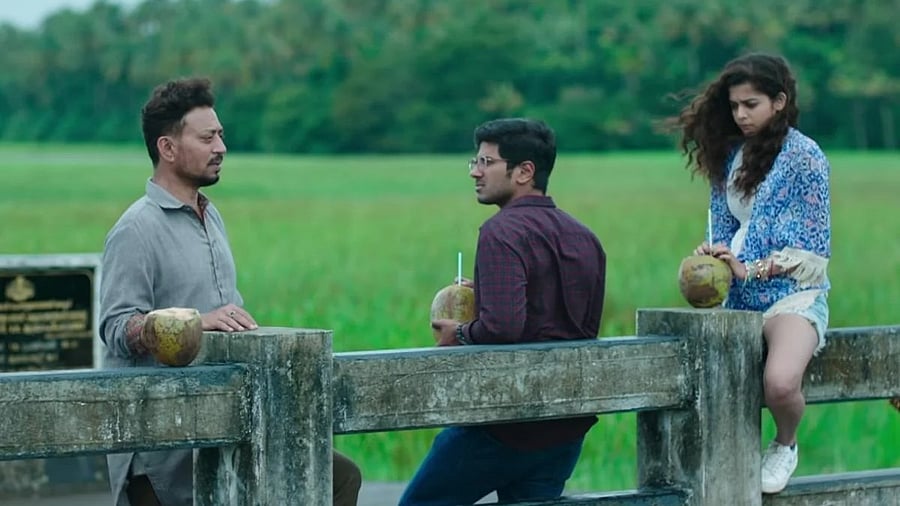
Credit: Screenshot from X/@TheCineprism
A two-day festival scheduled for this weekend will focus on the different aspects of death — from preparation and planning to bereavement, mourning and rituals. Titled ‘Good to go — Death literacy festival’, it is organised by Pallium India, an NGO that aims to integrate palliative care and pain relief with health systems; and Vidhi Centre for Legal Policy, a think-tank that works on policy reforms and legal research.
Smriti Rana has been associated with the field of palliative care for close to 25 years and heads the WHO Collaborating Centre for Training and Policy on Access to Pain Relief. “I have dealt with numerous deaths in my family and that is how I got into palliative care. The problem is that, as a society, we do not have conversations about death. And we thought this festival is a great platform to create a space where one could talk about the subject comfortably,” says Smriti, the festival director.
The event will feature panel discussions, workshops, film screenings, musical performances and interactive installations.
One of the major themes of the festival is ‘advance care planning’ — preparing for the end of life while one is still able to. Smriti describes it as an umbrella phrase. “It is a medium through which one can make choices about how they would like decisions to be made regarding their treatment and life when they are not in a position to make the decisions themselves,” she explains. Choices like DNR (do not resuscitate), organ donation, and writing a living will come under advance care planning.
Misunderstood concept
“Some of us came together in February 2023 to form the Advance Care Planning Collective. This group has members from the fields of medicine, law, public health, palliative care and people with lived experiences of being caregivers,” she says, adding, “Many concepts within this area are misunderstood. People confuse “dignity in death” with euthanasia. But there is a lot more to it”. As a collective, their long-term plan is to work on policy reform and legislation, and to engage meaningfully with the public.
Some of the other highlights include a panel discussion on the topic ‘What does dying in India look like and what needs to change?’, and workshops on writing a living will, organ donation and dealing with the death of pets.
Interactive installations
The ‘wind telephone’ installation is inspired by a Japanese concept. In a town in Japan, a man set up a telephone booth in his garden to talk to his cousin who died from cancer in 2010. The phone was not connected to anything, but served as a way for him to come to terms with his grief. In 2011, after an earthquake and resulting tsunami killed close to 20,000 people, the man allowed the public to use the phone. It drew thousands of callers desperate to talk to loved ones they had lost. A similar booth will be set up for participants at the festival.
August 23 (4 pm onwards) and August 24 (10.30 am onwards), at Bangalore International Centre, Domlur. For details, look up @goodtogo_deathliteracy on Instagram.